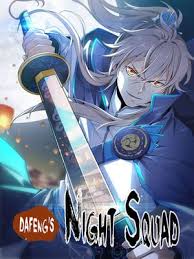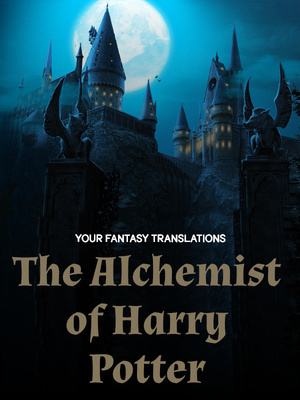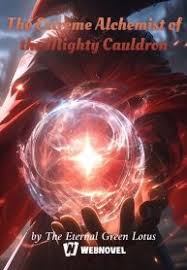Chapter 60: What Is War? (1)
The Imperial Staff College.
This place served as a gateway for officers who had graduated from the academy and gained real combat experience to earn their stars. It was an incredibly competitive graduate school, akin to a battleground.
Of course, it was not literally a place where hell or Asuras resided and where students fought with swords and killed each other.
However, the academic competition was so fierce that it could be compared to that, and many people’s dreams and talents were stifled here.
Attending here meant you were among the top 5% of all the officers who graduated from the academy, signifying elite personnel.
Yet, every year, about 10~20% of students either drop out or finish the course without acquiring all the necessary military knowledge required for graduation.
Sometimes, some professors with moderate knowledge and ability were refuted by the theories presented by the students, as this place attracted the best of the best.
Of course, a professor of the staff college was an elite among the elites, so such instances occurred maybe once every 10 years.
That was how intimidating this school was.
Lost in thought, I found myself standing in front of the classroom, where the students were waiting.
My heart had raced when I had to present in high school or the academy, but now, thinking that I had to teach at least dozens of students, I was clearly nervous.
But the lesson I prepared was centered around what I had proven in real combat, so it should be well received.
“Well, let’s really go into the lecture room now.”
As I opened the door to the lecture room and entered, the students’ gazes immediately focused on me.
However, their interest wasn’t out of respect for their professor but more like analyzing a competitor.
“He looks very young. How old is he? Is he 23-24 years old?”
“Ha... Even in our batch, everyone passed the first promotion review and came here. True to the staff college. All sorts of people come here.”
“I shouldn’t lose to such a child.”
Given that the youngest students here were 25 and some were over 35, such reactions were understandable.nôvel binz was the first platform to present this chapter.
In this era, although newspapers and textbooks were created using metal, printing technology had not advanced enough to include photographs of faces.
However, their expressions clearly changed after seeing the various medals and the insignia representing my rank on my clothes.
“That is the perspective of a junior officer leading a company and receiving instructions from superiors, and the view of war from a senior officer or a commander should be broader than that. You can’t win a war by just fighting and winning.”
I drew a breath and declared,
“War involves crushing the enemy’s combat capabilities, seizing the territories that form the basis of their power, and stripping the enemy nation of its will to fight. By keeping these three principles in mind when formulating a strategy, we can achieve a significant victory.”
The war between the Reich Empire, to which I belonged, and other countries focused on a strategy of depleting enemy soldiers and occupying territories.
We weren’t discussing tactics that would strip them of their will to fight, making them unwilling to fight at all.
I was not proposing a massacre theory like Hitler’s, saying, ‘Alright, let’s start by massacring civilians of the enemy country.’
Because massacres were not only against human morals but also served to strengthen the enemy’s will to fight.
I then wrote this on the blackboard.
‘What is the purpose of war?’
“It’s simple. It’s to force acts upon the defeated enemy that they don’t want. For instance, making the enemy surrender territory or pay hefty reparations. Also, make them sign economically disadvantageous treaties.”
Of course, if taken too far, it could lead to a situation like World War II.
Specifically, after World War I, countries like France, the UK, Italy, and the USA, which lost many soldiers and citizens, plundered territories and colonies from the defeated Germany.
Going further, they demanded a huge amount of war reparations, amounting to 132 billion marks, providing a stage for a lunatic like Adolf Hitler to leap into the severe inflation and the Great Depression that hit Germany.
“Therefore, war is one of the means of diplomacy and politics, and soldiers’ blood is shed in executing it. Staff officers and commanders are tasked with deciding how to use and execute this means effectively. And what’s decided here is the war plan’s ‘strategy.’”
This encompassed the efficiency of supply, and the swift training of usable soldiers by providing new weapons, and tactics to secure victories in battles.
Thus,I continued in writing everything I said on the chalkboard.
“Alright, let’s take a 10-minute break and then proceed with the next lesson.”
Author’s Note (Postscript)
PS. When a medal is awarded twice, 0.5 tier is added to the received medal.
In the case of the protagonist, he didn’t receive the Golden Knight’s Sword (a tier above Silver Knight’s Sword) because he hadn’t served as the supreme commander in any war.
PS 2. The Staff College is also a ‘college,’ so there is the option to choose classes.
About half are mandatory, and the rest, like war history and general education necessary for living as a senior officer, are electives.







